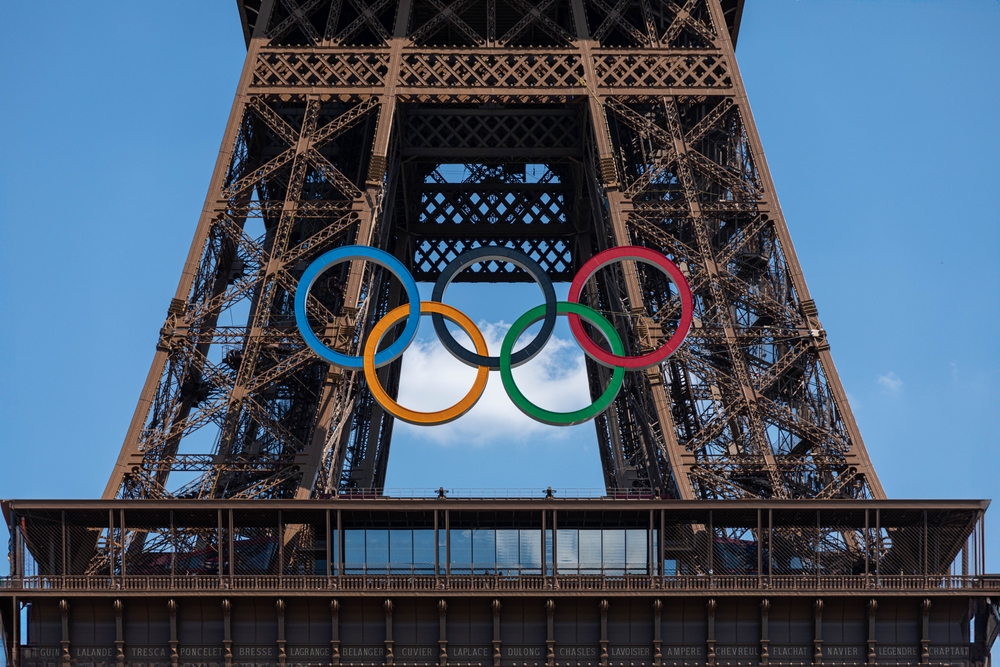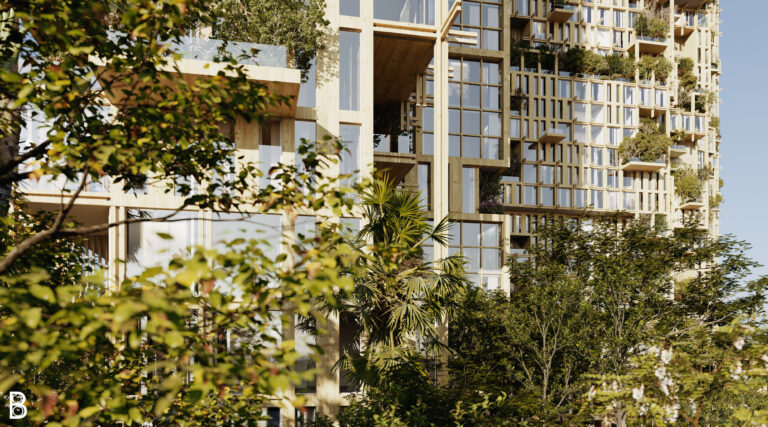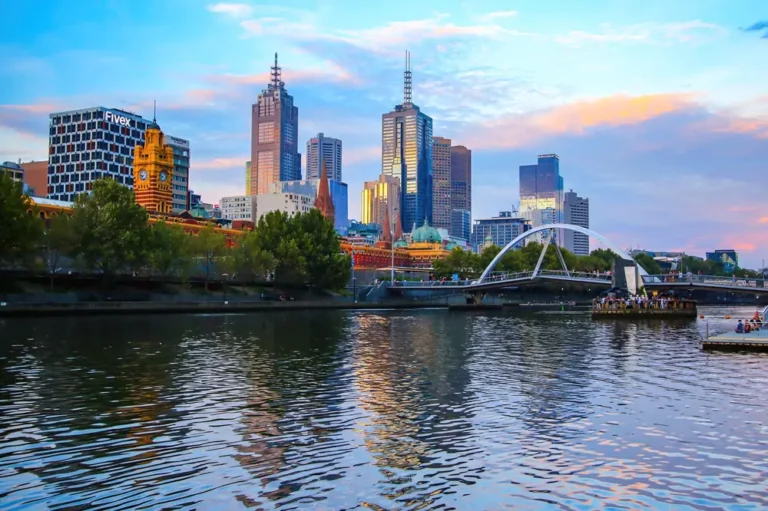The 2024 Paris Olympics showcased eco-friendly and sustainable venues, plus other updates

For PropertyGuru’s news roundup, France’s execution of an eco-friendly 2024 Paris Olympics is largely due to its creative use of existing and temporary venues to host the various games. In other highlights, China’s youth are turning to the wellness industry as work stress and pandemic memories spur a growing interest in health. Public pools as public places – how the history of pools is strongly linked with the evolution of cities.
The 2024 Paris Olympics venues showcase their sustainability efforts
As the 2024 Paris Olympics come to a close, it feels right to marvel at the way it overcame logistical challenges to be a successful event built on sustainability and adaptability. France’s execution of an eco-friendly Olympics is largely due to their creative use of existing and temporary venues to host the various games.
According to BluPrint, part of its success came from how it pulled off the venues for this once-in-a-lifetime event. Many of the venues used already existing structures around Paris, modifying many of them to accommodate the crowd for the events. The country’s strategy of sustainability guided these projects, and it showed the way forward for future host countries in creating an adaptable, eco-friendly Olympics.
Stressed China youth fuel wellness boom with a traditional twist
Popping supplements, drinking herbal teas and signing up for lifestyle classes, China’s youth are turning to the wellness industry as work stress and pandemic memories spur a growing interest in health.
These new habits are part of a global wellness boom, but the traditional concept of “yangsheng” — literally meaning “cultivating one’s life force” — has given the trend a unique cultural twist in China.
In Shanghai, Annie Huang sat in a trendy cafe-like establishment that sold traditional herbal teas, sipping a bitter concoction purported to protect the body against the summer heat. “Young people today frequently pull all-nighters… so they want to drink something that they feel is good for their body,” said Huang, in her thirties, in an HKFP report.
Public pools as public spaces: The role of swimming and bathing in cities
When one thinks of public spaces, the image of a pool rarely comes to mind. Public spaces are the centre of civic life, places where most interactions, activities, and behaviours follow strict social and cultural norms to ensure the safety and comfort of all users. In contrast, swimming and bathing represent something more intimate and primordial, a sensorial experience distinct from any other. In addition to the health benefits, the act of floating in space creates a break from everyday life and its constraints.
As social spaces, public baths, and pools offer an even more unusual experience. Here, regular conduct rules and norms no longer apply. Social nudity becomes the new norm, and, as people strip off their clothes, they also lose their status markers, transforming the pool into an egalitarian oasis. Across history, these often-discredited spaces offered a heightened social experience, fostering connections and bringing a new element to dense urban environments. As a typology present since antiquity, public baths and pools have also been a disputed space, as a manifestation of difficult topics such as gender and racial segregation, gentrification, and surveillance in contrast to the freedom they promise.
ArchDaily reports how the history of pools is strongly linked with the evolution of cities.
The Property Report editors wrote this article. For more information, email: [email protected].
Recommended
From childhood curiosity to architectural innovation: Mohammed Adib’s vision for a sustainable, flexible future
Mohammed Adib channels childhood curiosity and an aversion to design homogeny into his work for Dewan Architects + Engineers
ARES White Paper Volume 3: The era of adaptive reinvention
Pioneering sustainable and innovative practices in urban development
ARES White Paper Volume 2: Unravelling the power of data revolution in real estate
Insights on proptech, smart cities, and sustainable development
ARES Digital White Paper Volume 1: The fundamentals of responsible building
Green and climate heroes join forces to discuss how Asia Pacific can weather the current environmental crises and the looming effects of climate change






